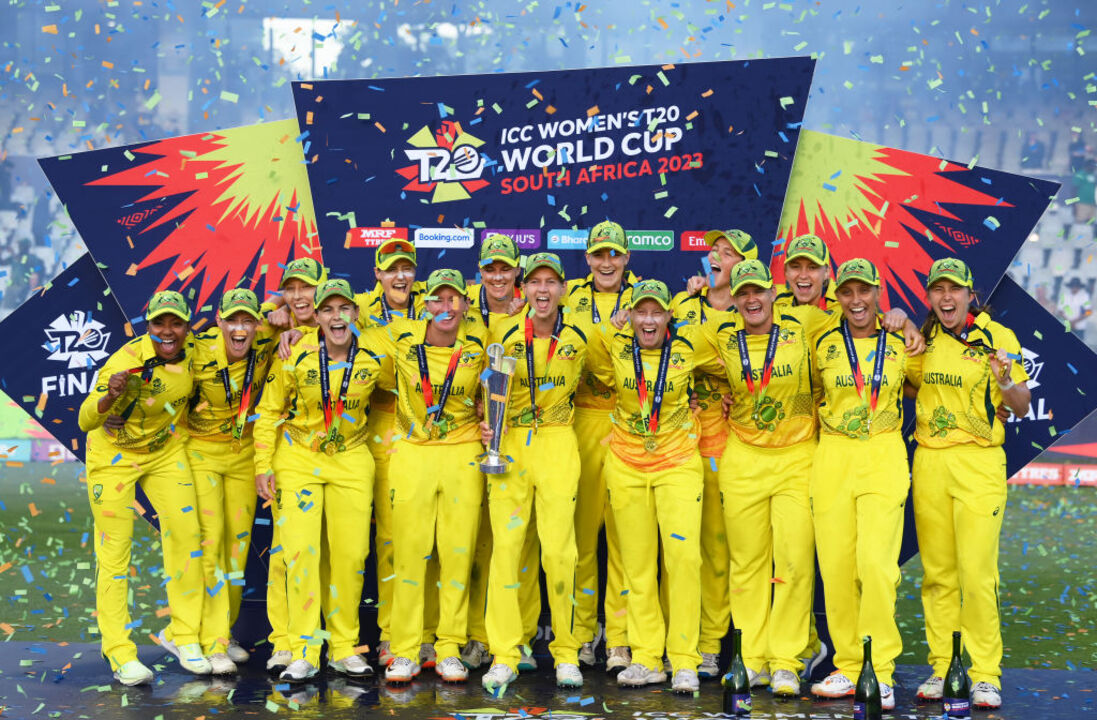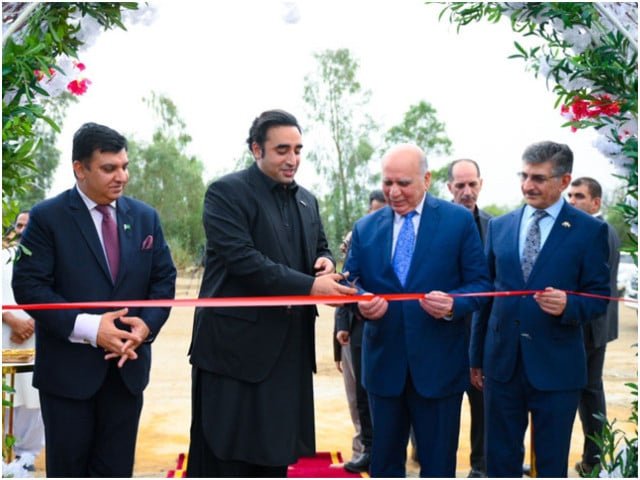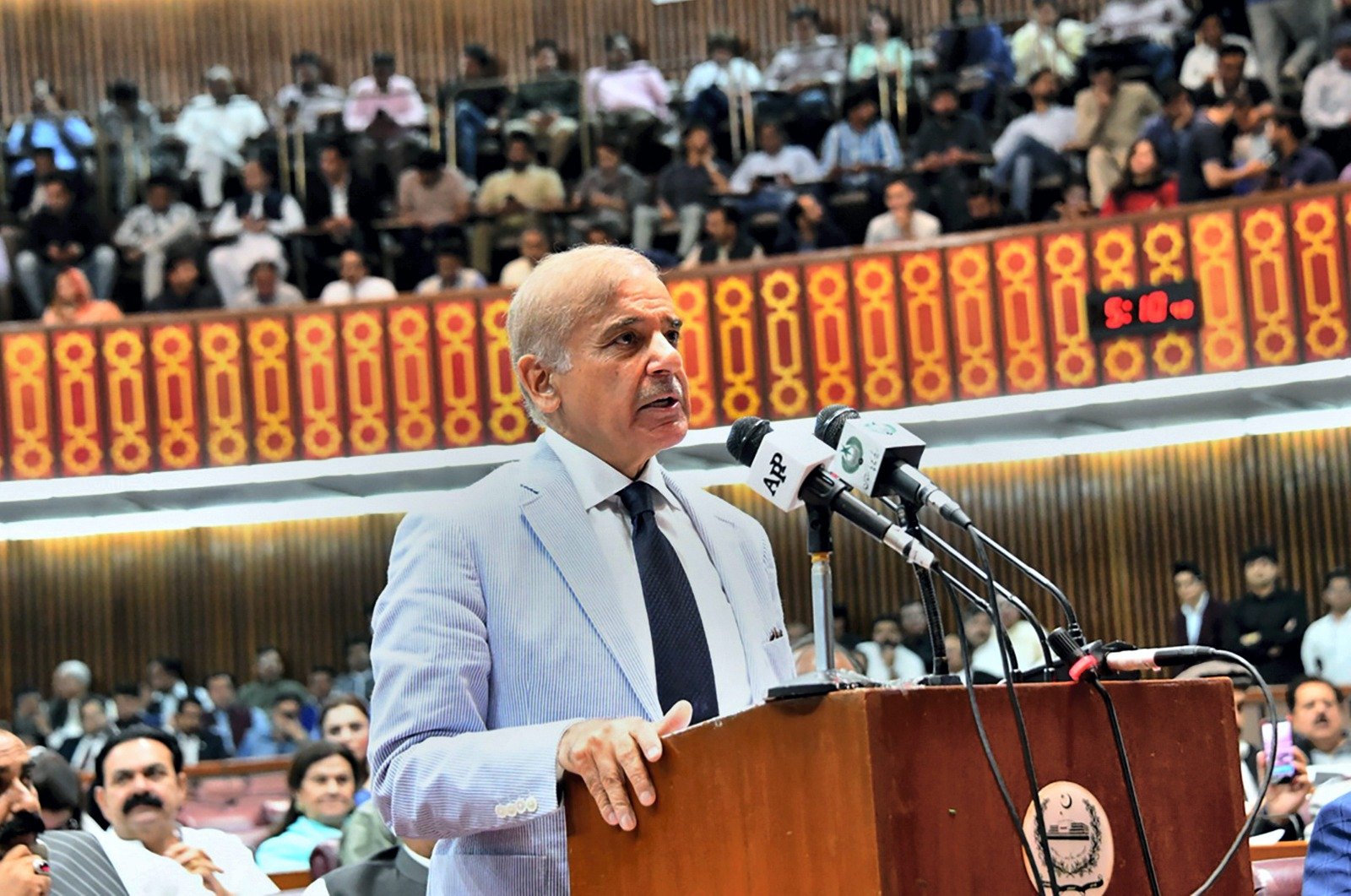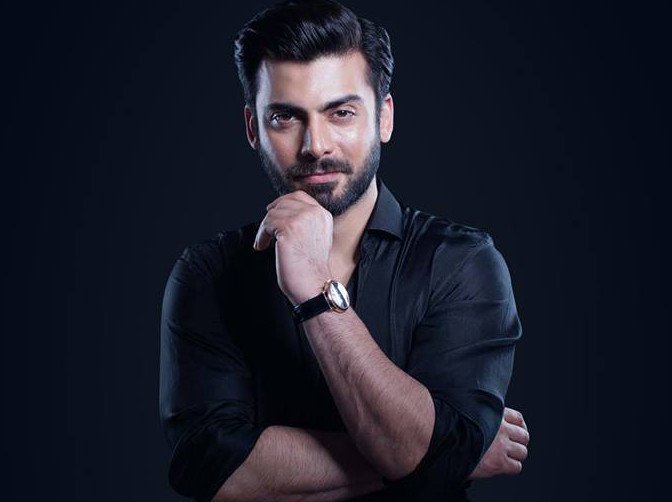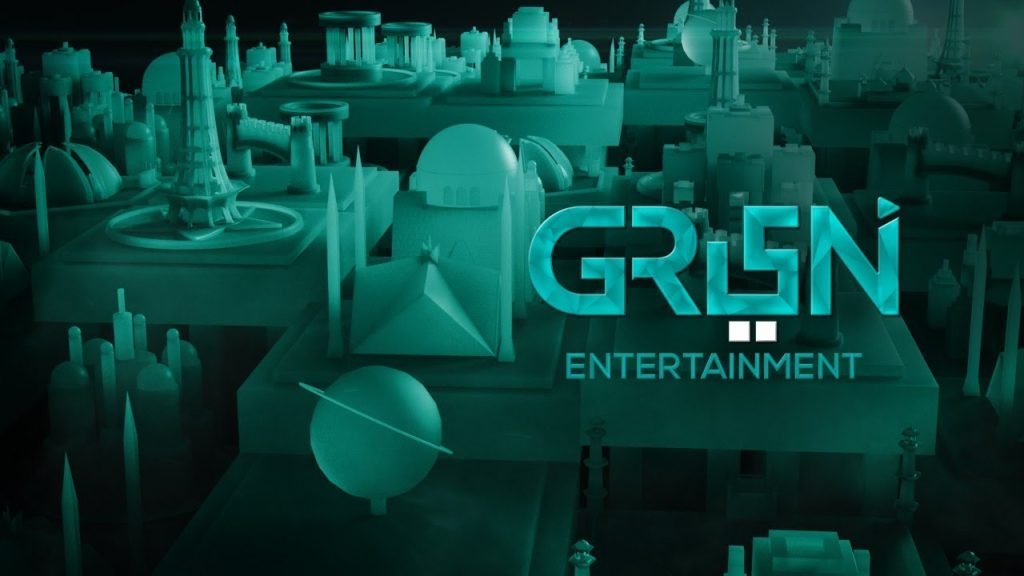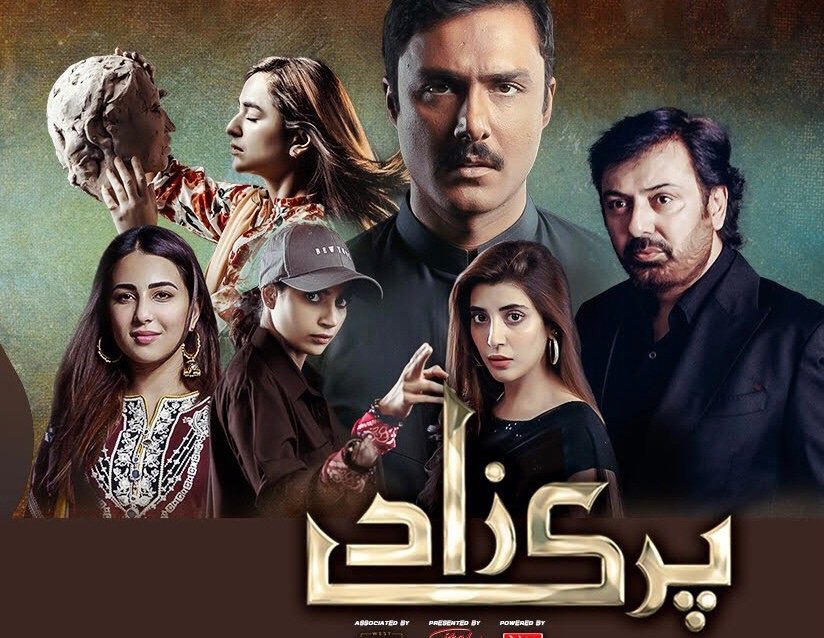No Muslim representation in Modi’s new government
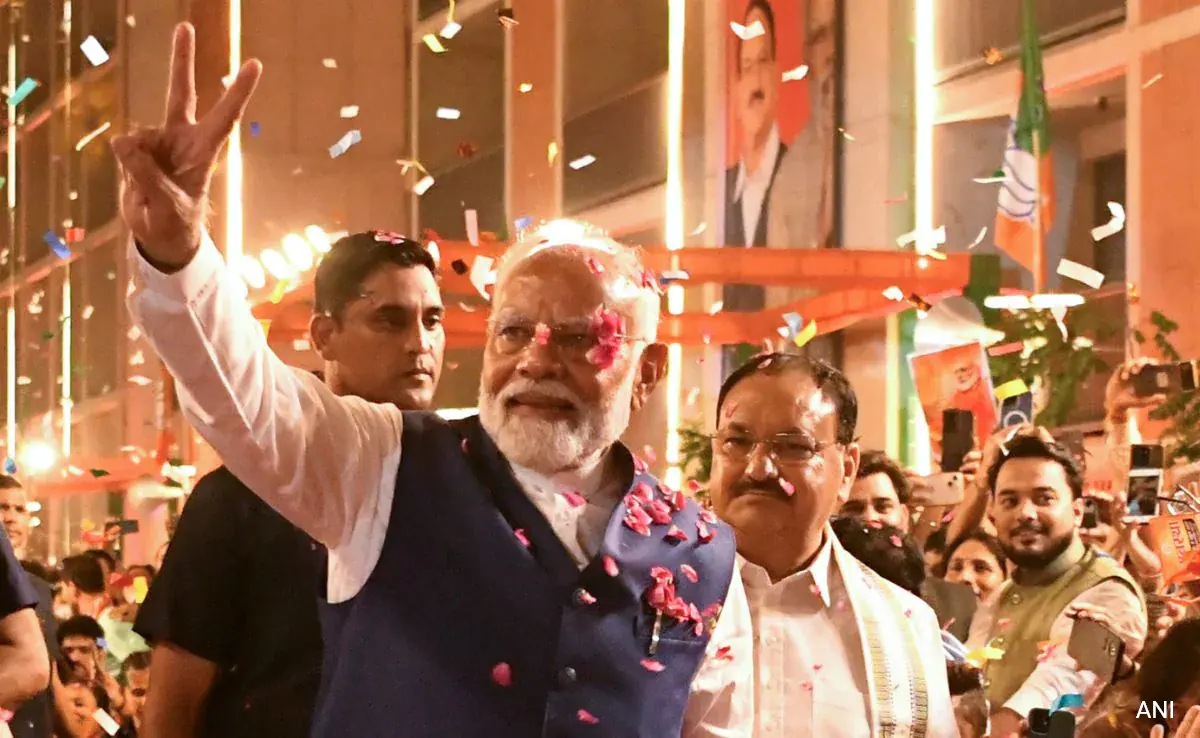
The 18th Indian Lok Sabha has only 24 Muslim representatives out of 543 members, out of which none belong to Modi’s BJP
India’s vast population includes a significant number of Muslims, but Prime Minister Narendra Modi’s newly-elected government does not reflect this diversity. In the grand oath-taking ceremony held in New Delhi on Sunday, no Muslim representatives were sworn into the new government.
Modi, who was inaugurated for his third term as Prime Minister, has formed a government with 30 federal ministers and 41 state ministers, yet none of them are from the Muslim community. This absence is largely because no Muslim candidates from Modi’s Bharatiya Janata Party (BJP)-led National Democratic Alliance (NDA) were elected in the recent general elections.
This marks the first time since India’s independence that a newly formed council of ministers lacks Muslim representation. In the 18th Lok Sabha, or the lower house of parliament, Muslim representation has sharply declined, with only 24 out of 543 members being Muslim. Among them, 21 are from the opposition INDIA bloc, and three are from the All India Majlis-e-Ittehadul Muslimeen.
The new central government’s cabinet will convene its first meeting this evening, where it plans to request President Droupadi Murmu to summon a parliamentary session soon.
Despite being a popular leader, Modi did not secure a clear majority this time, unlike his previous terms. He has had to rely on support from allies within the NDA to maintain power, an outcome seen as a setback given that pre-election surveys and exit polls had forecasted a stronger performance for the BJP than in 2019.
A day prior, Modi was administered the oath of office by President Murmu at a grand ceremony at Rashtrapati Bhavan, attended by thousands, including regional leaders, Bollywood celebrities, and industrialists. Modi, who began his career with the Hindu nationalist Rashtriya Swayamsevak Sangh (RSS), the BJP’s ideological parent, is only the second leader after Jawaharlal Nehru to serve three consecutive terms as Prime Minister.
Although Modi’s campaign was characterized by religious rhetoric and critiques of the opposition for supposedly favoring India’s approximately 200 million Muslims, his tone has become more inclusive following the surprising election results. “We have won the majority … but to run the country it is unanimity that is crucial … we will strive for unanimity,” he stated after being named head of the NDA coalition.




